What I am thinking of is:
"We can rebuild him. We have the technology. We can make him better than he was. Better, stronger, faster."
The other night I came across the Six Million Dollar Man series on Peacock. I saw it when it first aired but did YOU know that this is one of the shows that influenced by career path???
Go, go on! Go get a cuppa and sit back and enjoy the story!
Let's start with my father. A self-made engineer who said I could be anything I wanted and gently pushed me into STEM because I could tell him how to take apart, put together, improve and fix things since I was a wee lass.
Then Star Trek came along (1966-1969). Most women in STEM might say it was Nyota Uhura who showed them that not only a woman in space was possible but they can be very smart too. But for me it was Montgomery "Scotty" Scott. I could see myself as an engineer who could fix anything and I really really wanted to go to space.
Fast forward to the early 1970's I am in high school and I am now pondering what I want to do with my life - should I become an engineer, nurse or doctor; teach science or home economics; become a chef, or..?? I could not decide.
In 1973, I was starting to look at engineering schools and ABC aired a made for TV movie "The Six Million Dollar Man" and I realized it was possible to combine engineering and medicine. My parents were so confused when I said I wanted to do THAT!
I went to my guidance counselor Mr. Clarke, who was fantastic in his position, and asked him what sort of engineering program would I study to make medical stuff - prosthetics, equipment, and tools for medicine and he said he would look into it. Sometime later we had a meeting and he said that ANY field of engineers except possibly Aeronautics or Marine, could go to work for a company that researched and made items for the medical industry BUT there was a new field called Biomedical Engineering which was focused on just that - teaching medical science and engineering specifically for the research and development of medical equipment. He handed me a brochure from the Society of Biomedical Engineers and I was ecstatic.
Mr. Clarke then did more research and passed along a list of schools where I could get an engineering degree but only ONE, at that time, had an accredited undergraduate program specifically for Biomedical Engineering and that was Case Institute to Technology, later to be the Case School of Engineering at Case Western Reserve University.
Eventually my father and I did tours and took interviews at the schools I was applying to: Case and as fallback schools Carnegie-Mellon, Northeastern, Boston College, Wooster Polytech and a SUNY just in case. I wanted to apply to Rensselaer Poly Tech or Rochester Institute of Technology but they did not accept women at that time.
I was accepted at Case and Carnegie-Mellon but there I would be in a general Engineering program and then use electives to take other medical science courses.
So Case it was and that is where I graduated from. My undergraduate thesis was on the Impedance layers for Ultrasonic Transducers. From there I went to work on Ultrasonic Medical Scanners, Silicone Medical devices, Intravenous Pumps and IV bags, Angioplasty devices, Intercranial Pressure Monitors and Transducers and then I moved into Engineering consulting.
And that ,dear friends is how I became a Biomedical Engineer.
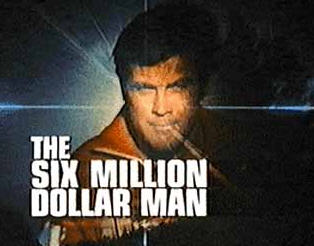
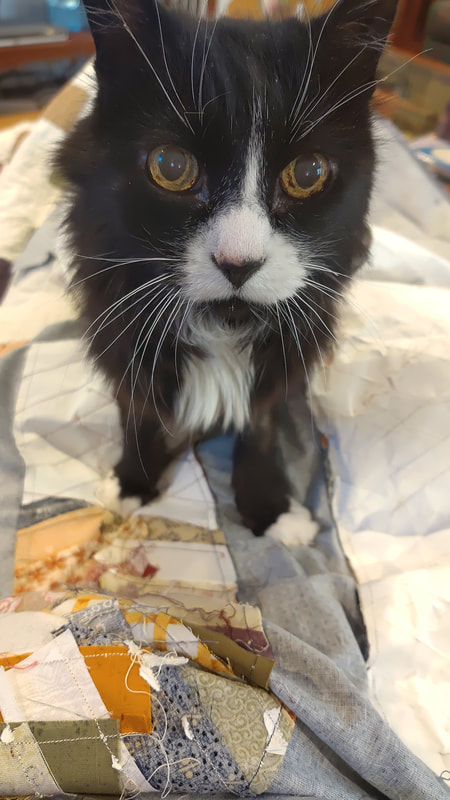
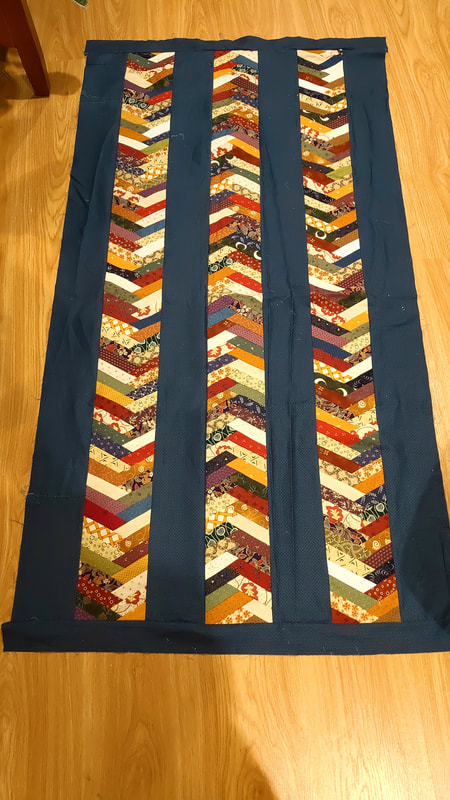
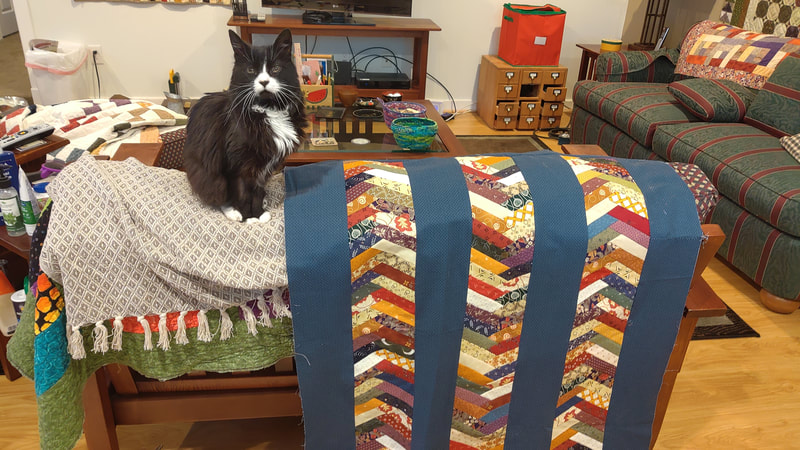
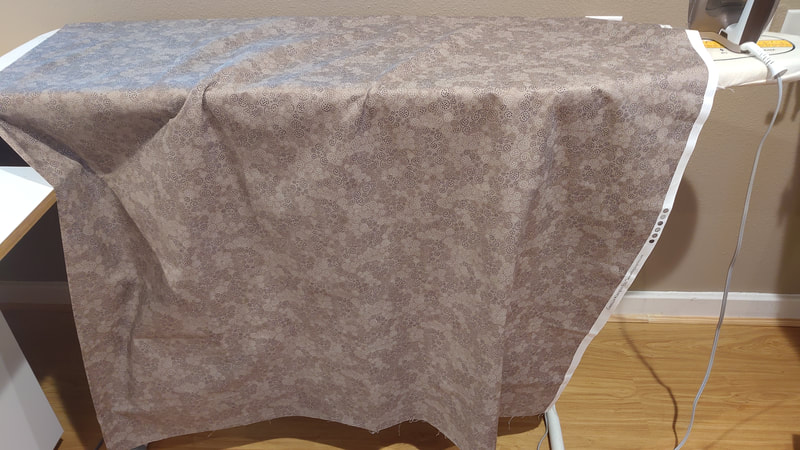
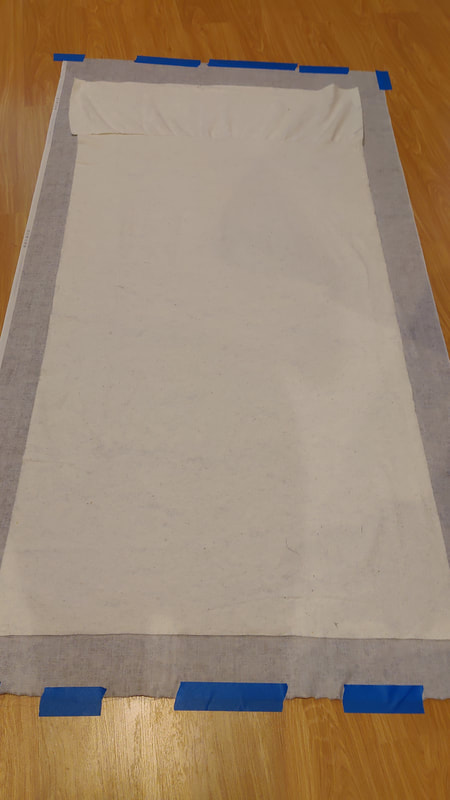
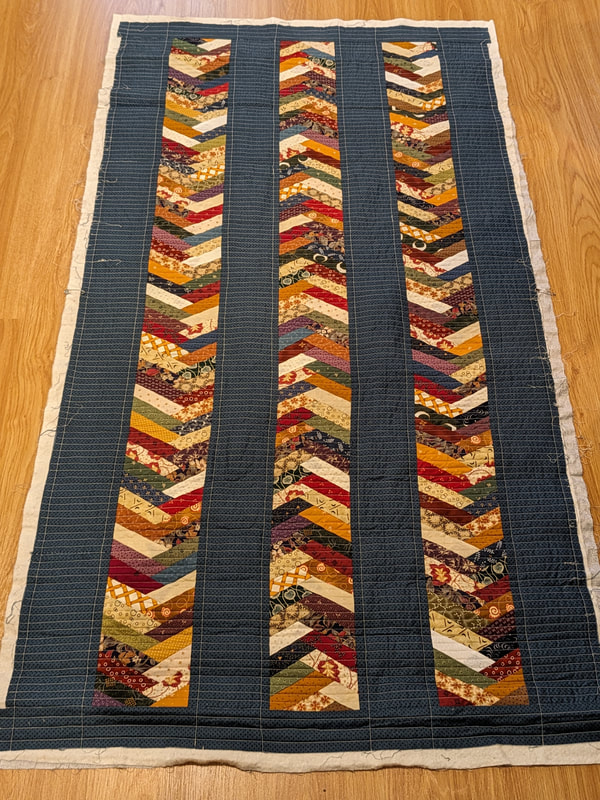
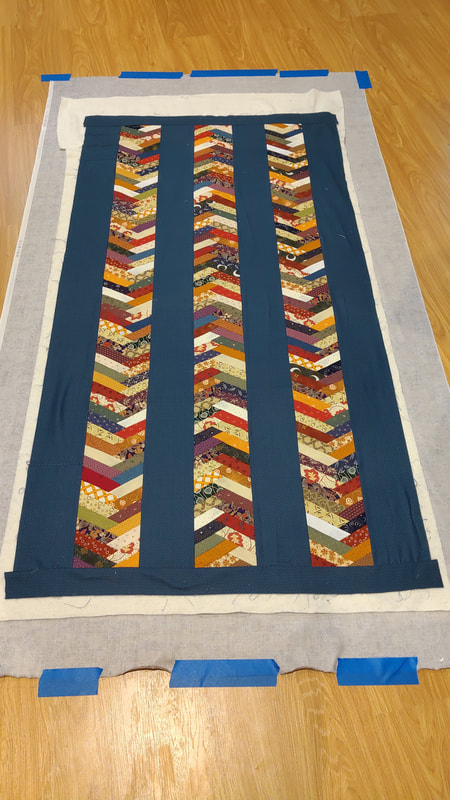
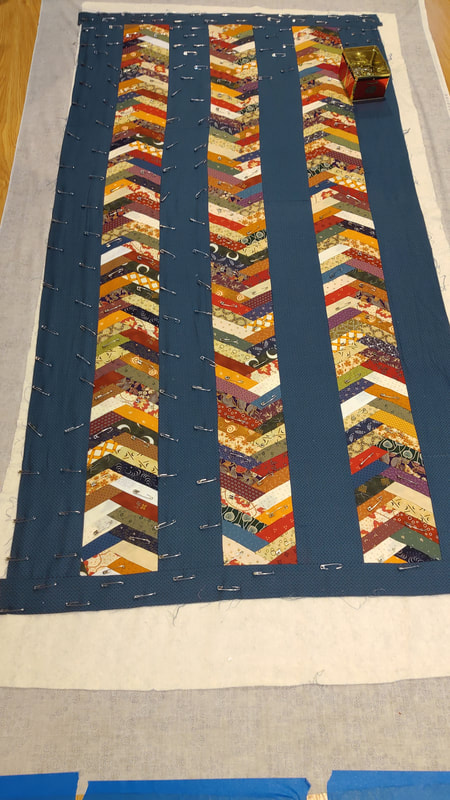
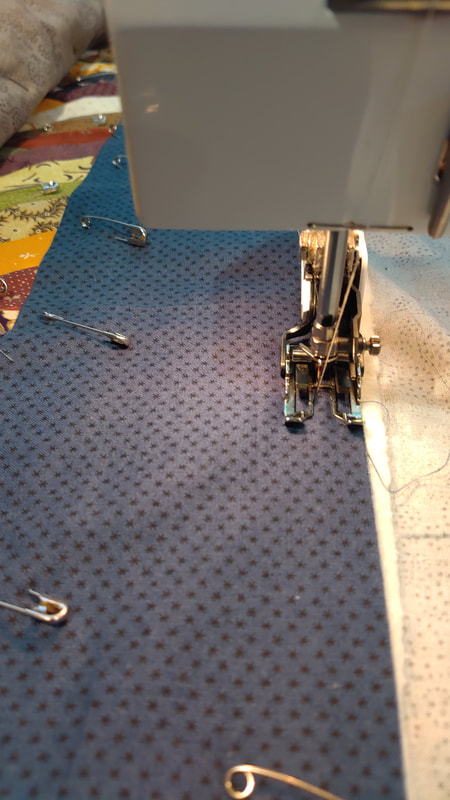
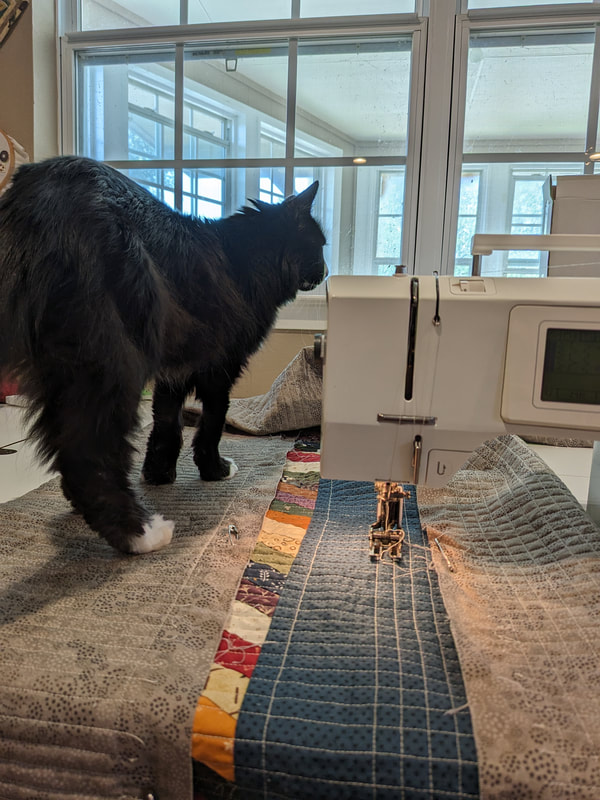
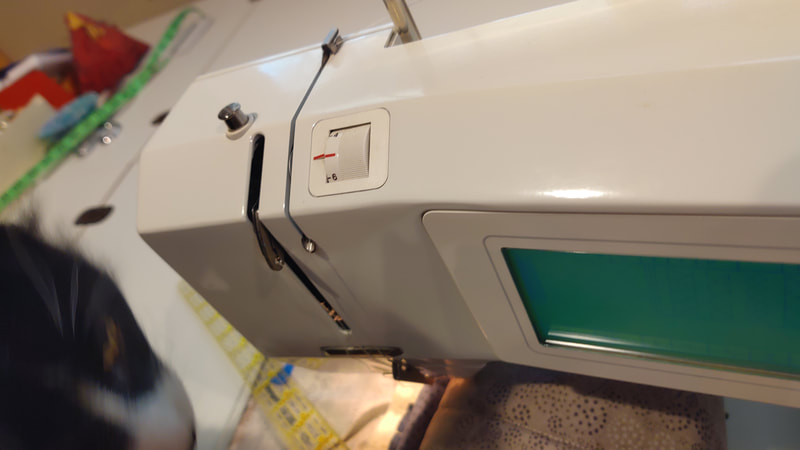
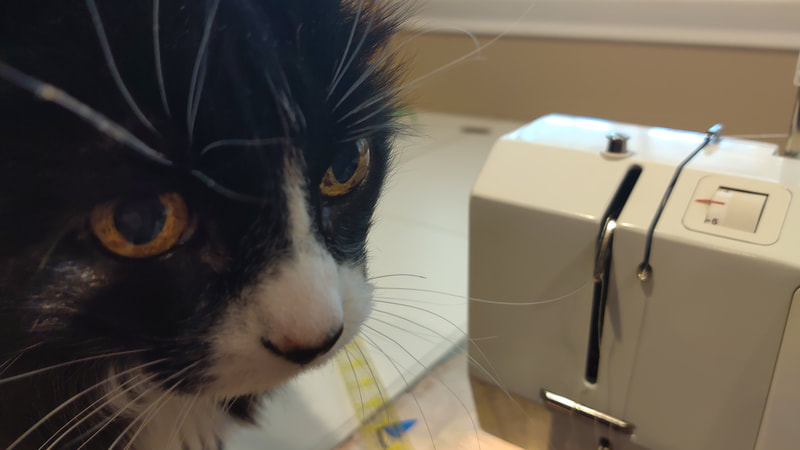
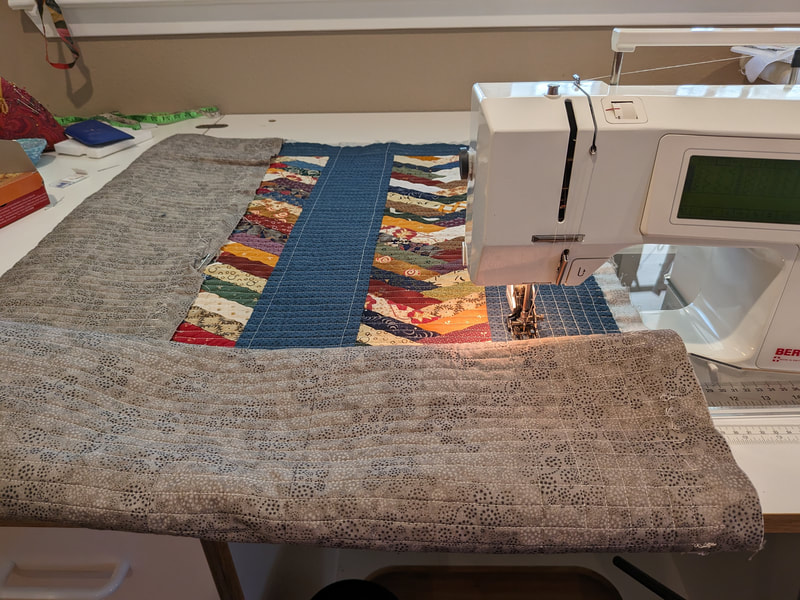
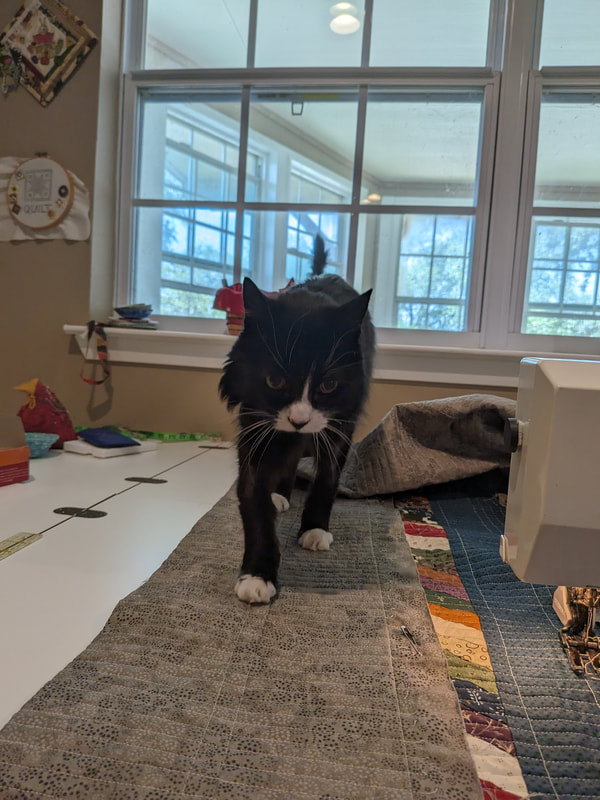
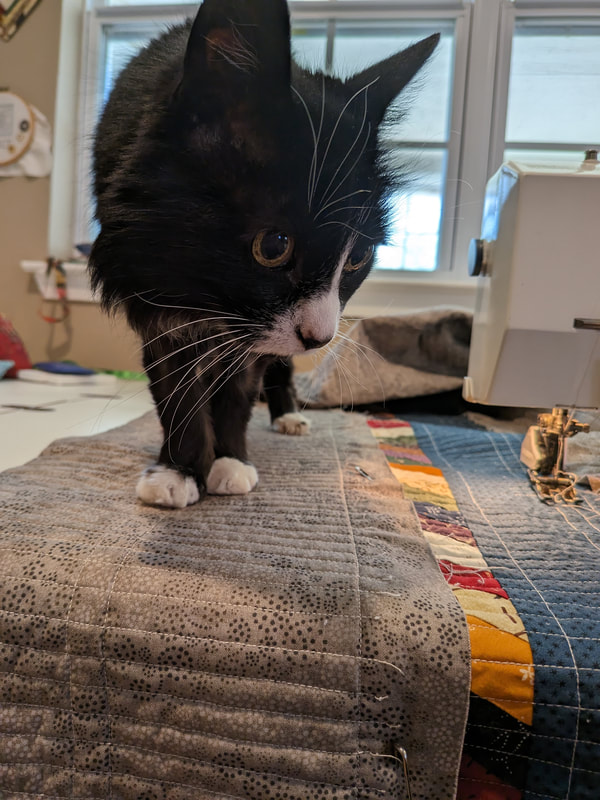
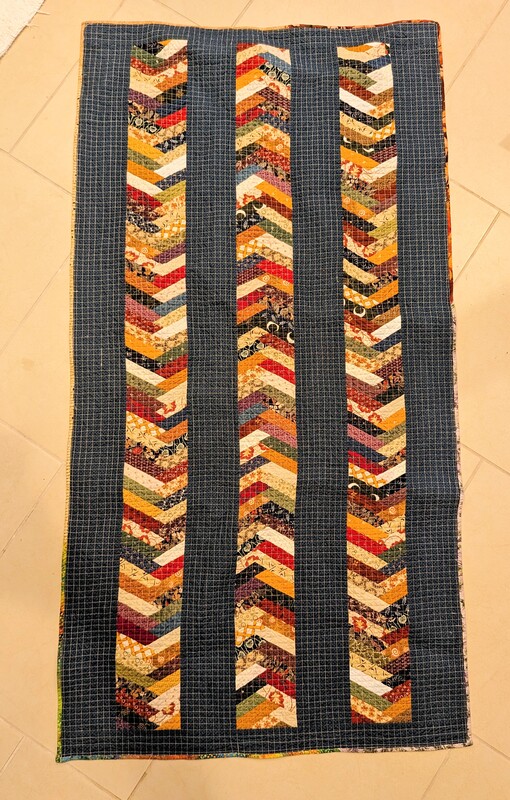
 RSS Feed
RSS Feed